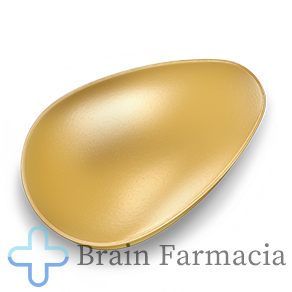Understanding COVID-19 Vaccines
The development of COVID-19 vaccines has been a crucial step in combating the global pandemic. These vaccines are designed to provide immunity against the severe acute respiratory syndrome coronavirus 2 (SARS-CoV-2), which causes COVID-19. Understanding the different types of COVID-19 vaccines can help us make informed decisions.
Messenger RNA (mRNA) Vaccines
Messenger RNA (mRNA) vaccines are a new type of vaccine that work by introducing a small piece of the virus's genetic material into our cells. This mRNA contains instructions for making a protein that is unique to the SARS-CoV-2 virus. Once the protein is made, our immune system recognizes it as foreign and mounts an immune response, including the production of antibodies. This response helps protect us from getting infected if we are exposed to the actual virus in the future.
Currently, there are mRNA vaccines authorized for emergency use, such as the Pfizer-BioNTech and Moderna vaccines. These vaccines have shown high efficacy in preventing severe illness, hospitalizations, and deaths related to COVID-19.
Vector-based Vaccines
Vector-based vaccines use a harmless virus, like adenoviruses, to carry a piece of the SARS-CoV-2 virus into our cells. Once inside our cells, the viral vector delivers the genetic material, enabling our cells to produce the viral protein. This triggers an immune response, leading to the production of antibodies and the development of immune memory.
An example of a vector-based COVID-19 vaccine is the Oxford-AstraZeneca vaccine. It uses a modified chimpanzee adenovirus to deliver the SARS-CoV-2 viral protein. Vector-based vaccines have also demonstrated significant efficacy in preventing severe illness and hospitalizations.
Benefits of COVID-19 Vaccination
COVID-19 vaccination offers numerous benefits to individuals and communities:
Protection Against Severe Illness
Vaccination significantly reduces the risk of severe illness, hospitalization, and death from COVID-19. Clinical studies have shown that vaccinated individuals are less likely to develop severe symptoms even if they contract the virus.
Community Protection
By getting vaccinated, you help protect those around you, especially those who are vulnerable or unable to receive the vaccine themselves. Vaccination plays a crucial role in achieving herd immunity, where a significant portion of the population is immune, reducing the overall spread of the virus.
Return to Normalcy
Vaccination brings us one step closer to returning to our pre-pandemic way of life. It allows us to safely gather with loved ones, travel, and participate in social activities while minimizing the risk of COVID-19 transmission.
In conclusion, understanding the different types of COVID-19 vaccines and the benefits of vaccination can empower individuals to make informed decisions. The mRNA and vector-based vaccines have demonstrated high efficacy in preventing severe illness and hospitalizations. By getting vaccinated, we not only protect ourselves but also contribute to the well-being of our communities and the eventual end of the pandemic.






